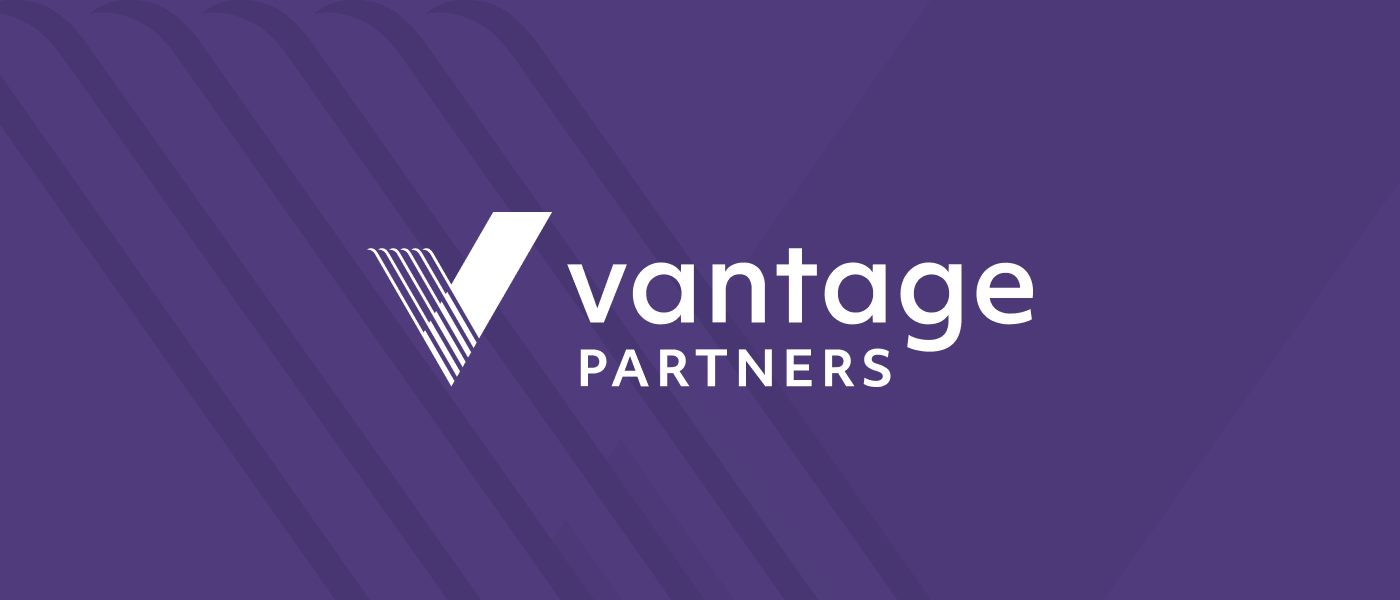
Whether selling commodity products, new technologies, or highly differentiated professional services, sales professionals consistently report that procurement has an ever-expanding role in the sales process. This is made all the more difficult as end users have been moved further and further away from the sale itself. Below are some of the key challenges sales people report they face most often when working with procurement, followed by some advice based on over 20 years of consulting to both sales and procurement organizations.
Common challenges when negotiating with procurement
- Procurement the gate-keeper
- Selling value when procurement seems to only care about price
- Negotiating when it feels like procurement has all of the leverage
- Out to bid – managing procurement’s reliance on a RFx process
- Dealing with threats, stalling, and other tough tactics
Here's a snippet from the article:
Selling value when Procurement seems to care only about price
One of the biggest complaints we hear from strategic account managers is that the only thing Procurement cares about is price. Whenever account managers try to talk about the value of their products or services – quality, customer service, total cost of ownership – Procurement redirects the
conversation back to price. Price tends to be an easy way for procurement organizations to make apples-to-apples comparisons between competitive suppliers. Additionally, as price and cost savings are often the main metrics by which Procurement is incented, they can obscure Procurement’s other interests in quality, time of delivery and providing end users with the products that provide the most overall value.Procurement organizations and their corresponding interests will vary depending on their role within their own companies and their level of sophistication and maturity. For example, while some may only focus on purchase price, others may consider metrics such as total cost of ownership and the broader
strategic factors that your products or services bring. Try to engage in conversations with Procurement as well as with end users and other “coaches” within the organization to better understand what the customer’s procurement organization cares about – both in general and specific to what you are selling.
For instance, you might discuss with them:
- What end do they ultimately hope to achieve, and what impact do quality,convenience, features, service or other differentiators play in the organization’s ability to achieve their desired results?
- To whom is Procurement accountable, and what are they being askedto deliver?
- How are they being measured?
- What supply chain risks keep them up at night?
- Are they open to working together to uncover cost savings, to refine processes and to innovate?

.png?width=512&height=130&name=vantage-logo(2).png)


